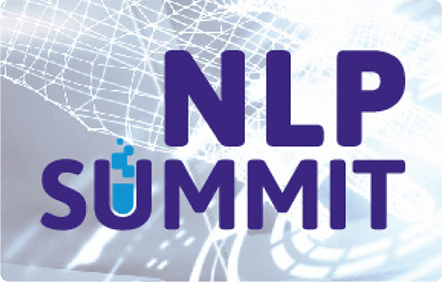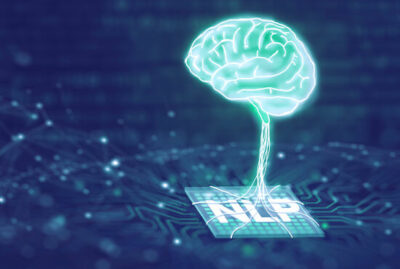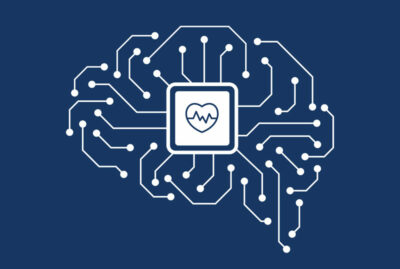Big data simply refers to the increasing use of complex data that were rapidly collected. Such data require huge storage space; we’re talking about terabytes, petabytes, and zettabytes.
These days, the use of big data is on the increase. The reason behind this increase cannot be far-fetched. For instance, the ability to link disconnected array of data enables Netflix to provide personalized movie choices. Also, the use of big data allows Amazon to make customer-specific recommendations on books to buy. Educational organizations also take advantage of it to come up with targeted solutions for under-served areas.
The incorporation of big data platforms enables collective impact initiatives to achieve concrete and measurable impact. However, there are key issues that need to be considered when it comes to the use of big data.
Some of them include:
- Cooperation between organizations on data sharing agreements
- Connecting data silos
- Evaluation of the real-time against the retrospective outcome
- The cost of the data
- Time taken to develop and maintain the systems
- How to make payments for the data
Harnessing Data Philanthropy For Social Good
Data philanthropy involves the strategic transfer of commercial data (which are held by private bodies) for beneficial purposes. For instance, private firms with a vast collection of data, like Uber or Twitter, donate part of their data to agencies like civic governments as well as academic researchers. This practice cannot be underestimated because private bodies are way ahead nonprofits regarding the collection and analysis of data.
Data philanthropy entails the sharing of proprietary datasets for social good. Big social data philanthropy is urgently required for the humanitarian purpose. Areas that are plagued by disasters have become the primary source of big data. These data are being generated and shared through social media channels such as Facebook and Twitter. The manual processing of such data is a daunting task.
Thus, huge numbers of digital humanitarian volunteers are required to help monitor and analyze data obtained from disaster-affected scenes. This will enable companies to have an expert feedback on their tools. It will also give humanitarian professionals the room to learn about new Big Data tools, put them into use and then obtain the licenses for their organizations.
How Data Philanthropy Works
The increasing expansion of data has improved the collection of huge amounts of data. This practice is being enhanced through the use of mobile phones, social media as well as the internet. Apart from the fact that the use of big data is being embraced in the private sector, its use in academic projects and social initiatives is increasing. The outcome of the analysis of these data is useful for any project- this importance is recognized by both nonprofits and researchers.
Benefits Of Data Philanthropy
Highlighted below are ways in which the data obtained from philanthropic companies can be utilized:
- Improved City Planning And Development
Uber plans to share its rider trip data in Boston with city officials. This information will go a long way in reducing congestion thereby ensuring the efficiency of public transit.
- Managing Natural Disasters
DMCii (a private satellite imaging organization) makes crucial satellite mapping data and services available during a crisis. This information assists emergency responders and governments.
- Tracking of the Spread of Disease And Epidemics
Researchers from various institutions were able to use Safaricon’s cell phone data of over 15 million people in Kenya to track the spread of malaria through the population.
- Understanding Online Social Dynamics
DERP (Digital Ecologies Research Partnership) provides data to academic researchers by bringing together some social media platforms. This enables educational institutions to make use of such data for research purposes.
The use of donated data is huge and cuts across different fields. These data have lots of benefits to offer the society and the world as a whole.
As far as technology and data collection remain in our lives, the significance of data philanthropy will not cease increasing.
To gain deeper insights into the transformative power of data philanthropy, consider how tools like Generative AI in Healthcare and a Healthcare Chatbot can drive innovation, enhance patient care, and facilitate collaboration among organizations to address healthcare challenges effectively.






























